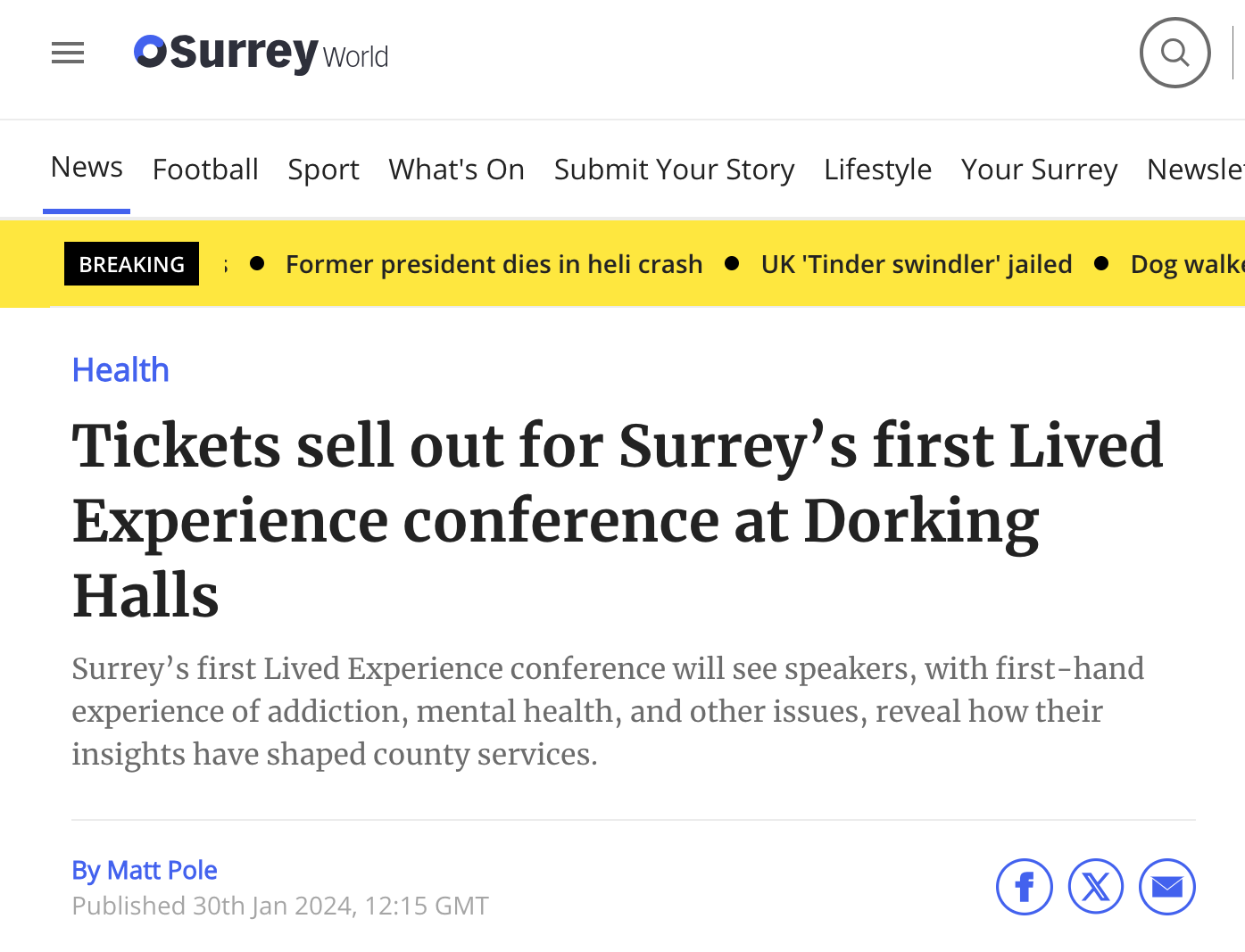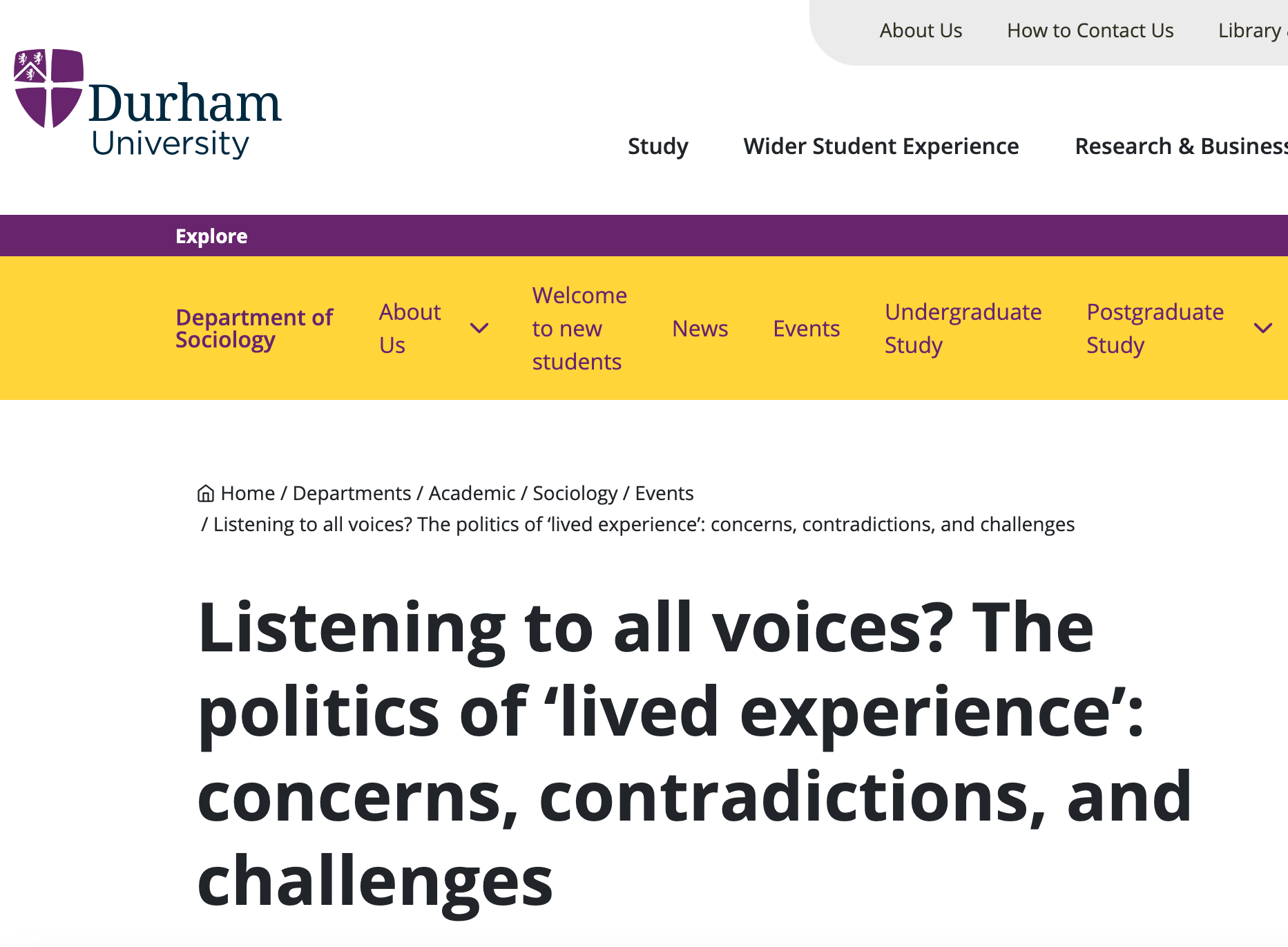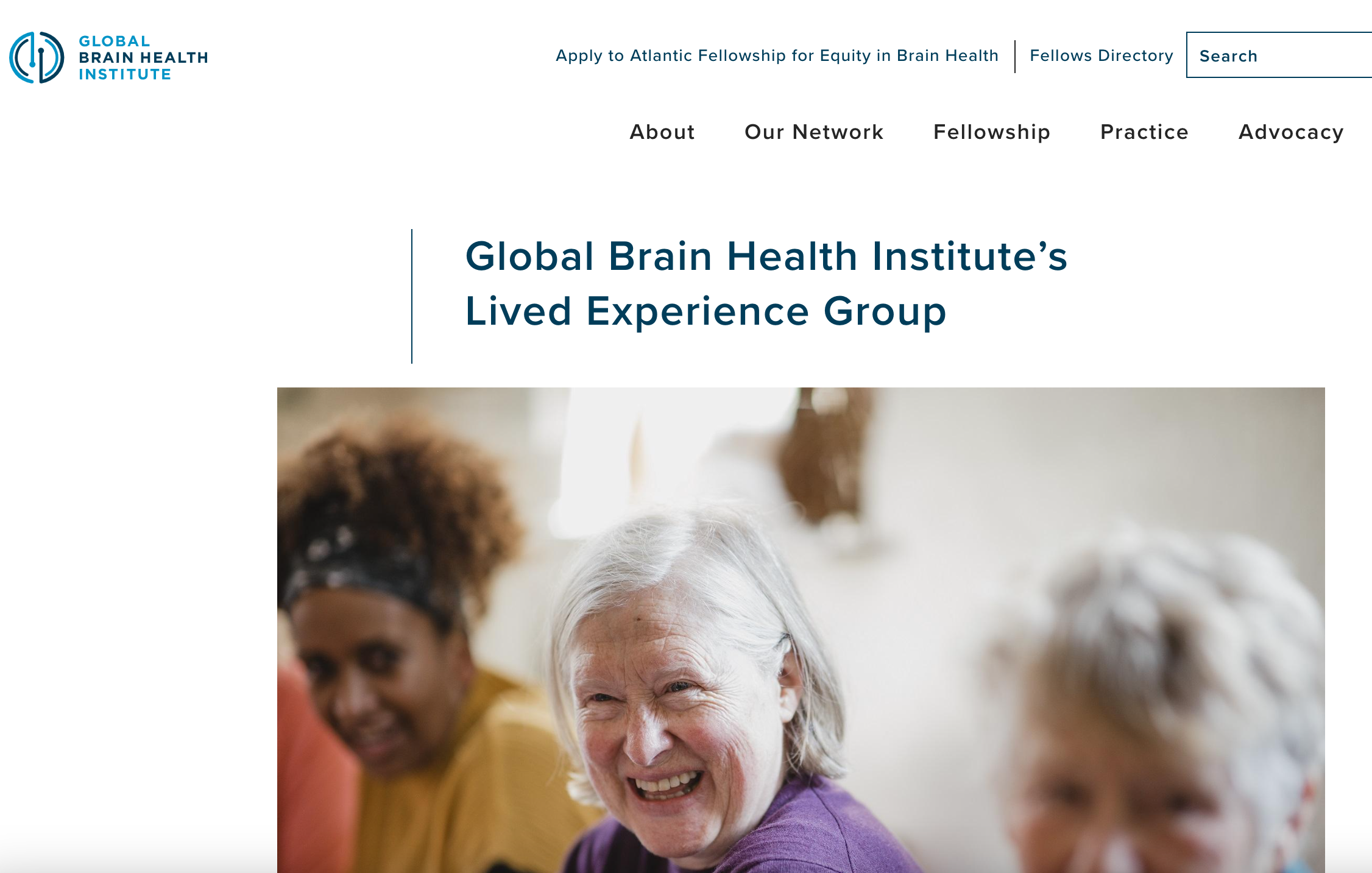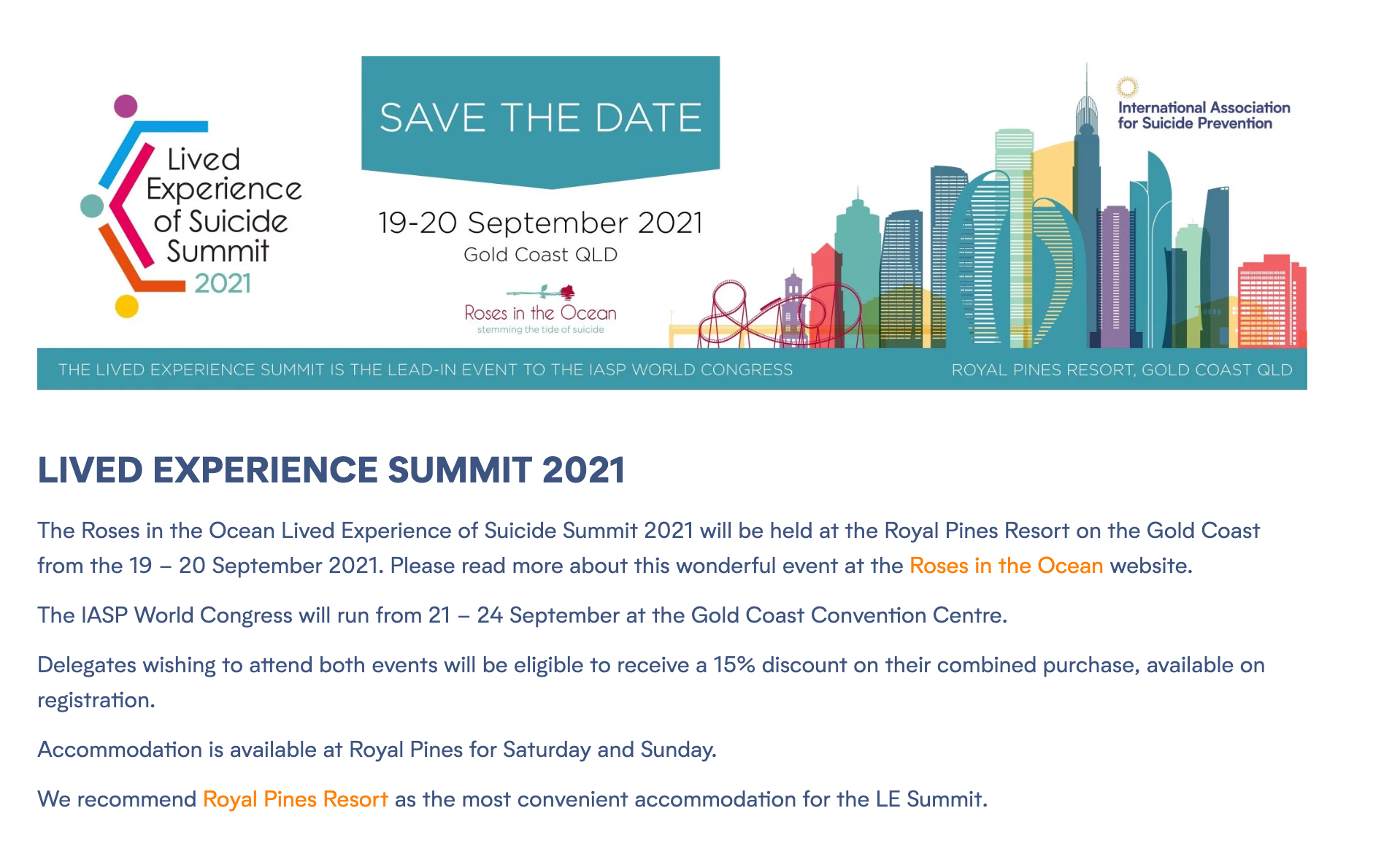
Lived experience is hot. But what does it really mean?
11 FAQs on the hottest mental health term of our time.
Lived experience is hot. You see the term everywhere these days, proudly displayed on social media bios and plastered on the agenda of conferences – a recent one in Surrey, England, featuring speakers living with addiction and other mental health issues, reportedly sold out tickets Taylor Swift style 😶. Perhaps you fancy tapping into your lived experience for an income? On LinkedIn you will find a phalanx of openings for lived experience experts, offering handsome salaries and 'change the world' vibes. (This very newsletter you're reading is an example of lived experience turned into a livelihood.)
Granted, most of the action is still in the Global North and dominated by the privileged few who can access such events and job posts. But it's hard to miss the thrilling feeling that something epochal is playing out before our eyes:
Long shrouded in stigma and hushed away as a shameful family secret, lived experience is loudly claiming its rightful space in the mainstream.
Could the era of 'nothing about us without us' be finally upon us?




So many lived experience conferences and action groups!
This Sunday, Feb 11, I'll be narrating the fascinating story of how lived experience went from being ridiculed as subjective and unscientific hokum, inferior to objective, empirical Truth, to a radical if flawed tool for freedom and empowerment. We will unpack myths about lived experience, explore how it became controversial and sparked a culture war, and discuss models of integrating lived experience meaningfully in the systems and structures that run the world.
In today's edition, I will answer a few tricky questions on lived experience that I've riddled on my own journey, so you don't have to.
11 FAQs on lived experience
Let's begin with a definition of lived experience.
Per Oxford Reference, the term refers to "personal knowledge about the world gained through direct, first-hand involvement in everyday events rather than through representations constructed by other people".
When applied to mental health, this definition raises several hairy issues. Below, I take on 11.
- Is lived experience the exclusive preserve of those with a mental illness diagnosis? God no. I hate equating lived experience with diagnosis. Mental health is a spectrum, and it's not just people who are at the extremities of that spectrum and manage to get a diagnostic label for their experience who deserve care. I mean, what percentage of those who desperately need help will ever make it to a psychiatrist's or therapist's clinic? Hint: 75% of people in low- and middle-income countries with mental, neurological, and substance use disorders receive zero treatment.
- I have a degree in mental health. Why should I listen to a layperson's ramblings? When 'expertise' is divorced from lived experience, you get so smug you are speaking the One Absolute Truth, you stop caring how the people your expertise is meant to help are hearing it. Expertise and humility are not antonyms.
- Fine, but your story is just that – your story, nothing more. It has no relevance in the lives of others. I find it ironical when mainstream mental health accuses lived experience experts of making broad claims based on just one individual's experience, when it is in fact mainstream mental health that insists on making everything about the individual, ignoring the role of broken socioeconomic scaffolds. When we say 'lived experience is a form of expertise', we aren't merely talking about one individual's experience. We are invoking the vast body of collective wisdom that the mental health orthodoxy has ignored for centuries. We are also fully aware – or ought to be – that mental health is intersectional. As a cishet, abled, upper-caste, middle-class man, I cannot profess to be an expert on someone who doesn't have this shitload of privilege.
- I am a lived experience expert. I am annoyed by the casual way mental health language is being used these days. I mean, everyone says there are depressed and traumatised. Being a mental health advocate and respecting lived experience means accepting that some people don't understand concepts like 'intersectionality' or 'trauma' because they've lacked access or they're on a different point on their journey compared to you – not because they are all bigots.
- What can I do to educate the ignorant masses? It's not your responsibility to make everyone your ally or make them see the light, because that's a sure recipe for frustration and burnout. Your time and energy are limited and precious. Use them in a way that makes you feel satisfied, not shitty. Also, we all have a lot of light to see in our own lives, so let's drop those chips on our shoulders.
- I am entering mental health advocacy driven by my lived experience. What is one thing that I should know? *Please* protect your own patienthood. Our passion for changing the system and being part of a movement can cannibalise our own needs and make them seem trivial. *Please* don't let this happen to yourself.
- An elite organisation has invited me to serve as a lived experience expert for a big-ticket project. What red flags should I watch out for? If said organisation only involves you in panels/papers that extol lived experience but doesn't include you in research design/fund allocation/impact measurement – run. They basically don't believe that you have real expertise. They are likely using you as a pretty wallpaper to placate heir funders. Also, if they don't offer pay you at all or make you wait months to get paid, you know whom to avoid next time.
- Aargh. It feels strange and wrong to sell my pain for money. Listen to me carefully: People do all sorts of terrible things to get ahead in life, to acquire wealth and power. If you are a person with lived experience, own it. Demanding your fair due as a bona fide expert isn't selling your pain. 'Reasonable accommodation' is passé. You deserve everything. Just draft your own charter of values and ethics, and do pay it forward, because being able to live your story is a real privilege. Also, don't give into the cultural pressure to 'speak up and share your story' if you aren't ready. You do you.
- What's the biggest epiphany you've had during your own journey? Many of the folks I connect with for my stories – user-survivors, caregivers, social workers – push me to talk in Hindi and Bengali, listen in Shona and Spanish. Everyday it hits me how dependent on English and cut off from reality the elite vocabulary of mental health is.
- What's one way lived experience is being weaponised against people? Roguish and rapidly mushrooming mental health apps claim to listen to people's lived experience – but only when they can mine their complex and vulnerable personal stories as cold data for profit.
- Summarise your philosophy in one paragraph. Expertise is a skill. Expert-ism is a cult. This is as true of experts by qualification as it is of lived experience experts. Neither should become a cosy club that keeps out other points of view as a matter of dogma.
Bonus
In case you thought that our temples of expertise by qualification – the academia – does not discriminate against their own, these two threads are for you:
I invite my fellow researchers to reflect a bit on why they might consider someone with a lived experience of a health condition researching it more biased than someone without.
— Prof Nisreen Alwan 🌻 (@Dr2NisreenAlwan) February 11, 2022
A short 🧵
1/9
This is a thread about what it’s like to collaborate on numerous psychosis research projects, global & local in scope, as a researcher with (long term) psychosis. I think most of this is often completely missed by even the most well-intentioned collaborators. 1
— Nev Jones PhD (@viscidula) June 26, 2021
Psst. Work like this takes effort. Help me keep going by clicking one of these buttons:


